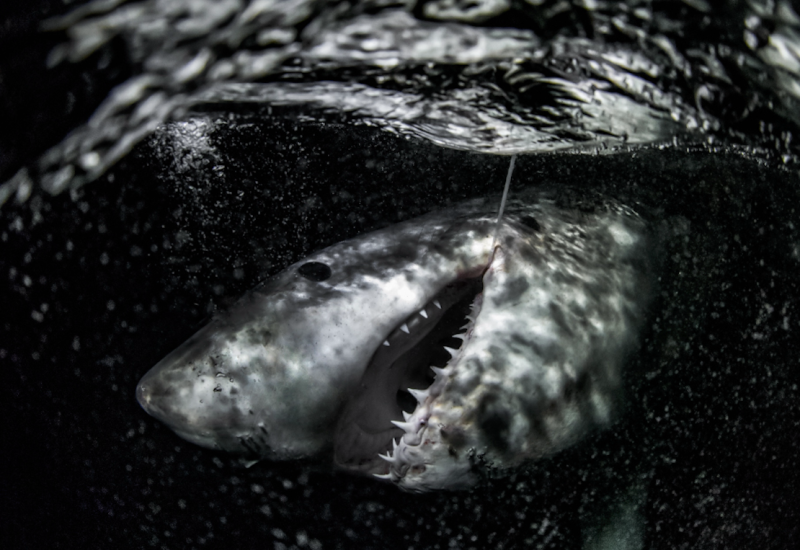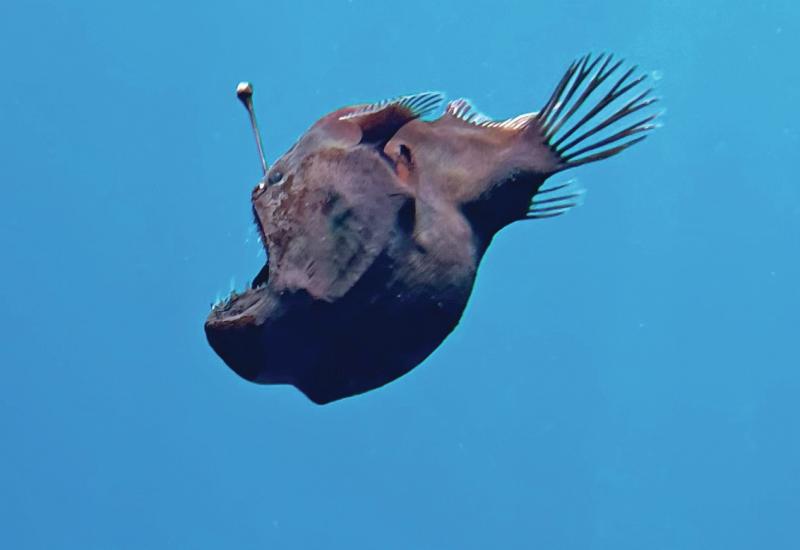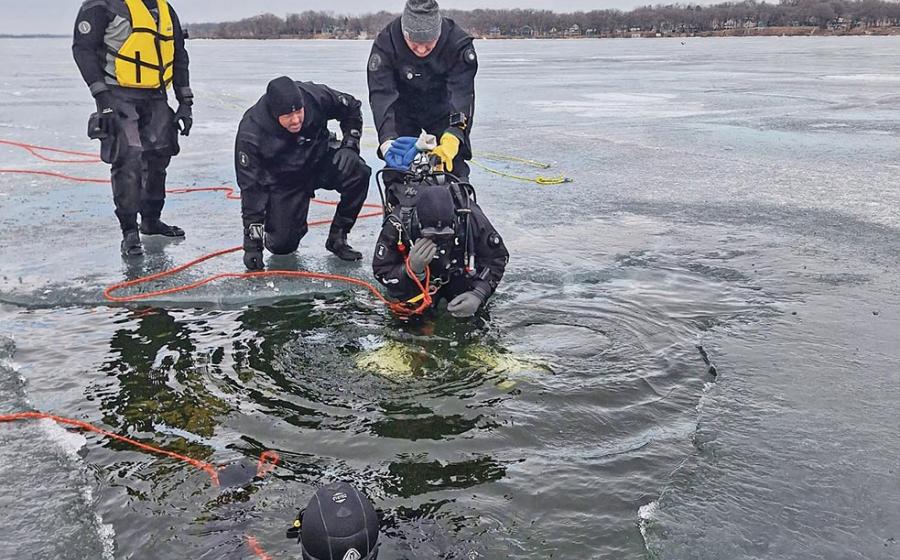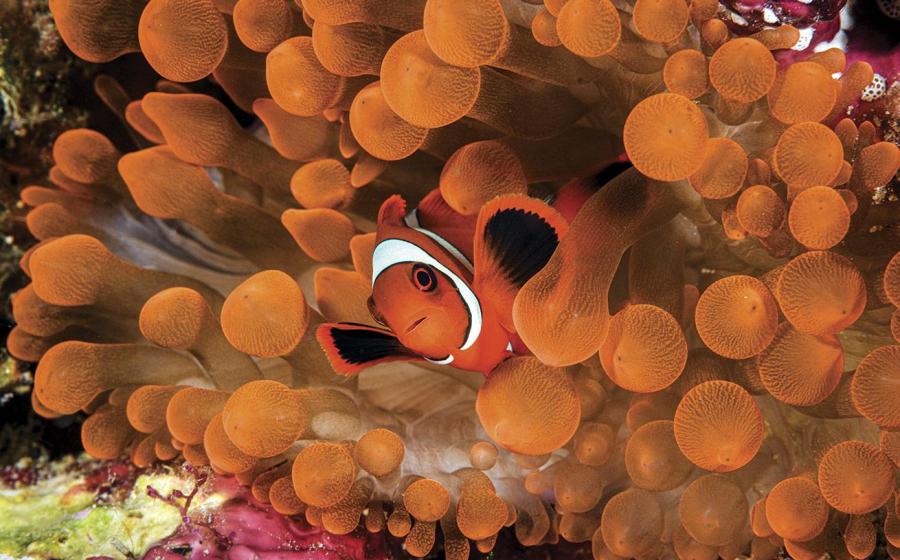Divers Guide to Marine Life: Caribbean Reef Shark (Carcharhinus Perezi)

Caribbean reef shark (Carcharhinus perezi)
Sometimes known in Spanish as ‘cabeza dura,’ meaning thick skull.
Click HERE for more fun shark facts!
Mary O'Malley
Caribbean reef shark (Carcharhinus perezi)
•Conservation status: IUCN Red Listed as ‘Near Threatened’
•Sometimes known in Spanish as ‘cabeza dura’ meaning thick skull.
•This is a large, gray shark with a short blunt snout; they can reach a maximum size of about 3 meters (~ 10 ft.) in length.
•These sharks are prevalent around tropical and subtropical reefs from Florida to Brazil.
•Caribbean reef sharks have a year-long pregnancy and have three to six pups.
•They feed on bony fishes including bigeyes.
•Caribbean reef sharks are susceptible to ‘tonic immobility’ or manipulation of the shark to stimulate the sensory organs in the head, which can induce a relaxed or immobile state.
•This species is one of the most well studied sharks and has been important in evaluating the effectiveness of marine protected areas for all sharks.
•These sharks are a major attraction in Florida and Bahamas dive ecotourism.
Information provided by the SharksCount program. Find out more about citizen science for sharks at www.sharksavers.org/sharkscount.
Click HERE to see the full list of sharks.

Mary O'MalleySometimes known in Spanish as ‘cabeza dura,’ meaning thick skull.
Click HERE for more fun shark facts!
Caribbean reef shark (Carcharhinus perezi)
•Conservation status: IUCN Red Listed as ‘Near Threatened’
•Sometimes known in Spanish as ‘cabeza dura’ meaning thick skull.
•This is a large, gray shark with a short blunt snout; they can reach a maximum size of about 3 meters (~ 10 ft.) in length.
•These sharks are prevalent around tropical and subtropical reefs from Florida to Brazil.
•Caribbean reef sharks have a year-long pregnancy and have three to six pups.
•They feed on bony fishes including bigeyes.
•Caribbean reef sharks are susceptible to ‘tonic immobility’ or manipulation of the shark to stimulate the sensory organs in the head, which can induce a relaxed or immobile state.
•This species is one of the most well studied sharks and has been important in evaluating the effectiveness of marine protected areas for all sharks.
•These sharks are a major attraction in Florida and Bahamas dive ecotourism.
Information provided by the SharksCount program. Find out more about citizen science for sharks at www.sharksavers.org/sharkscount.
Click HERE to see the full list of sharks.










